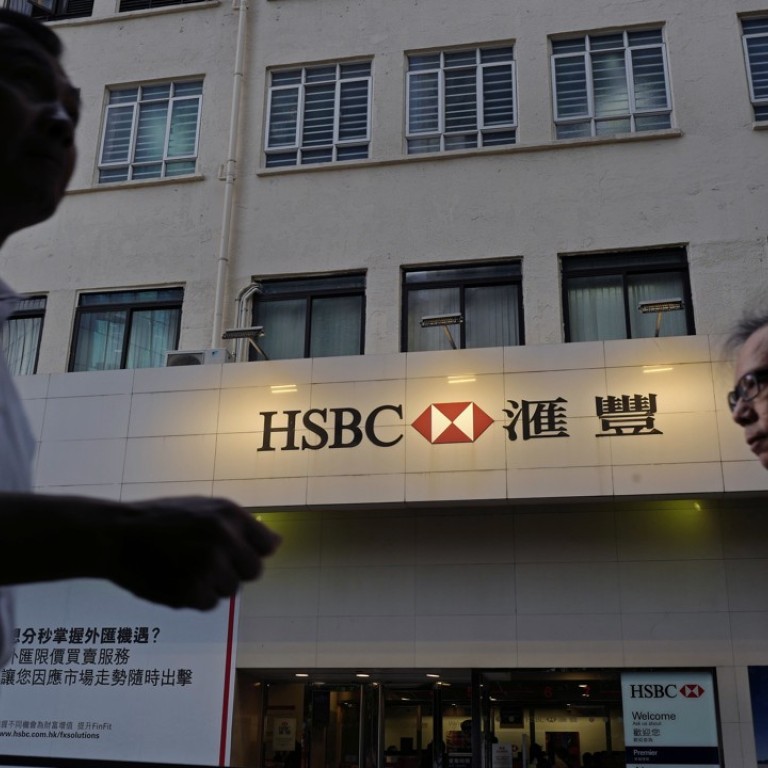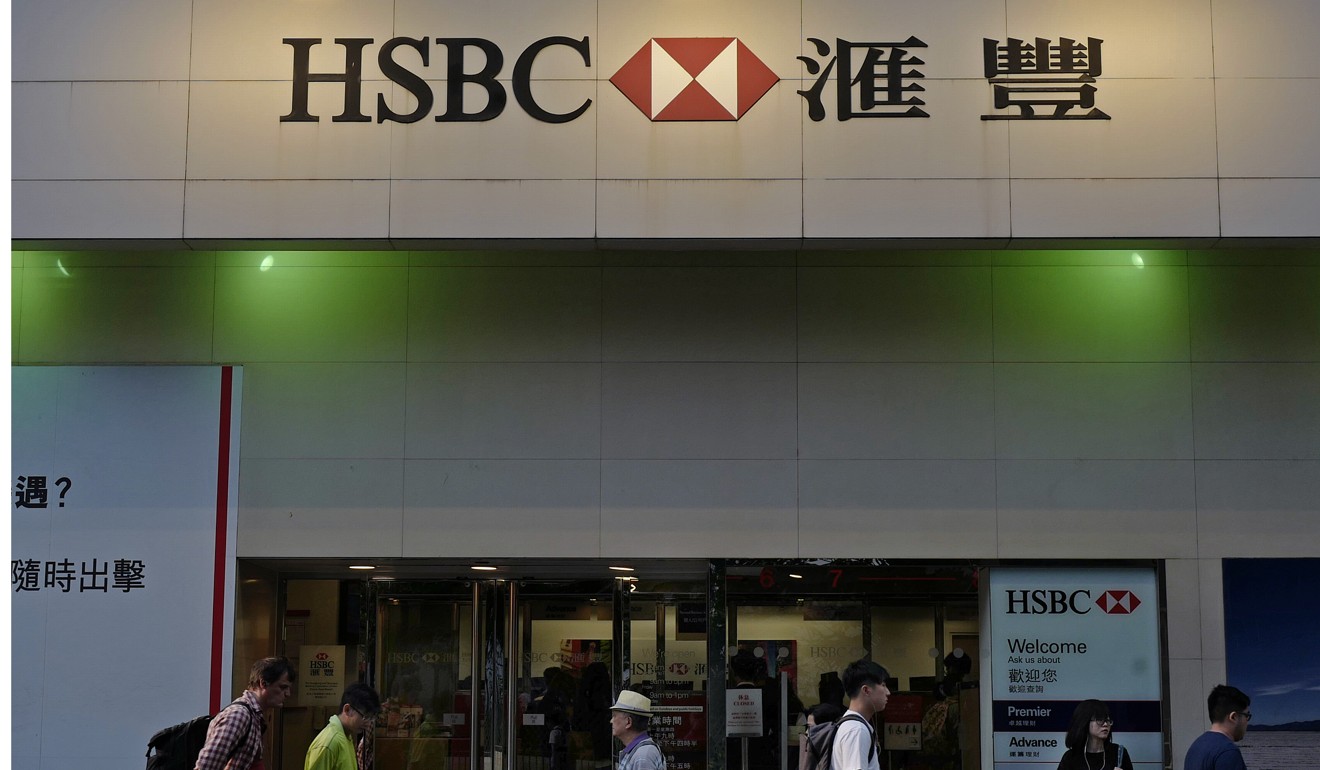
Foreign banks praise new rules that remove China ownership handicap
Friday’s announcement that China will allow foreign banks 51pc control of their mainland joint ventures draws praise, cautious optimism
Twenty years of failure by international banks to gain significant market share in China has often been explained away by a lack of control over their mainland operations.
That explanation, however, is about to be put to the test, thanks to the rule change announced Friday which will now allow foreign players to own 51 per cent of their activities. After three years this cap will be removed.
Analysts have yet to be convinced that changes in the regulatory framework will translate into a concrete shift in ownership, citing potential problems such as local competition and obstacles in getting to the 51 per cent ownership threshold, even as banks themselves welcomed the news.
On Friday, China’s deputy finance minister Zhu Guangyao announced the new policy permitting foreign banks to own a majority stake in joint ventures with mainland Chinese securities companies.
Zhu did not say when the new system would come into effect, but laid out a time line of three years for the 51 per cent cap to eventually be removed.
Under mainland regulations, investment banking activities are provided by securities brokerages who are separate from the large commercial banks.
Foreign players based outside Hong Kong have, until this announcement, only been able to operate on the mainland as minority stake holders in joint ventures with Chinese partners.
Control has always been an issue for foreign players. While Morgan Stanley initially had operational control of CICC, the first Sino-foreign brokerage joint venture between Morgan Stanley and China Construction Bank, and UBS and Goldman Sachs managed to gain operational control of their respective joint ventures, this could not be replicated by any of the overseas banks that followed.
“Foreign investors have long been complaining about lack of control,” said Chen Shujin, chief financial analyst with Huatai Securities in Hong Kong
This lack of control has forced some international banks out of the sector.
Last year, JP Morgan withdrew from its joint venture with First Capital Securities. In media interviews following the break-up, Jamie Dimon, JP Morgan’s chief executive and chairman said he would like to have operational control of future investment banking activities on the mainland.
JP Morgan offered up cautious support following Friday’s announcement.
“JP Morgan welcomes any decision made by the Chinese government that looks to liberalise its financial sector further,” a spokeswoman said in a statement.
She added that the bank was fully committed to China, and would continue to evaluate viable options to strengthen its position in order to better serve clients.
Other banks pointed to disagreements with their partners as among reason for calling it quits on their brokerage joint ventures.
In 2007, BNP Paribas sold its stake in BNP Paribas Peregrine Securities, to its then partner, Changjiang Securities.
In a statement at the time, a spokeswoman for the bank cited problems in the working relationship.
“Recently, Changjiang Securities and BNP Paribas have had different views on the future development of the joint venture.”
In June, HSBC became the first bank to own 51 per cent of its mainland joint venture, under the
Closer Economic Partnership Agreement (CEPA), a free-trade agreement between Hong Kong and the mainland designed to promote financial services.
Now other banks will be able to match that ownership structure. Many banks, including UBS and Morgan Stanley, issued statements welcoming the news. In its statement, UBS reiterated its desire to own 51 per cent of its joint venture.
However, analysts said that majority control by itself was not a magic bullet.
Among the challenges, ironing out the licensing and capital requirement minutiae can be a long and arduous process.

“Raising the limit on ownership stake is only one of the many elements for market access,” said Raymond Yeung chief economist for Greater China at ANZ in a note.
“As in other jurisdictions, having full operation in China’s financial markets will still be subject to numerous approvals for licenses and capital requirements.”
Competition from established mainland banks who’ve had decades to hone their services to the local market are another obstacle.
“In the time between foreign banks wanting to set up a securities business in China and now, Chinese companies have gone from zero to hero,” said Keith Pogson, senior partner for financial services at EY.
Nonetheless, some recent changes will help foreign players to gain a foothold.
As part of the changes announced on Friday, foreign players will also be allowed to hold a 51 per cent stake in life insurance joint ventures, and caps on foreign investors’ stakes in Chinese banks and asset managers are to be lifted.

